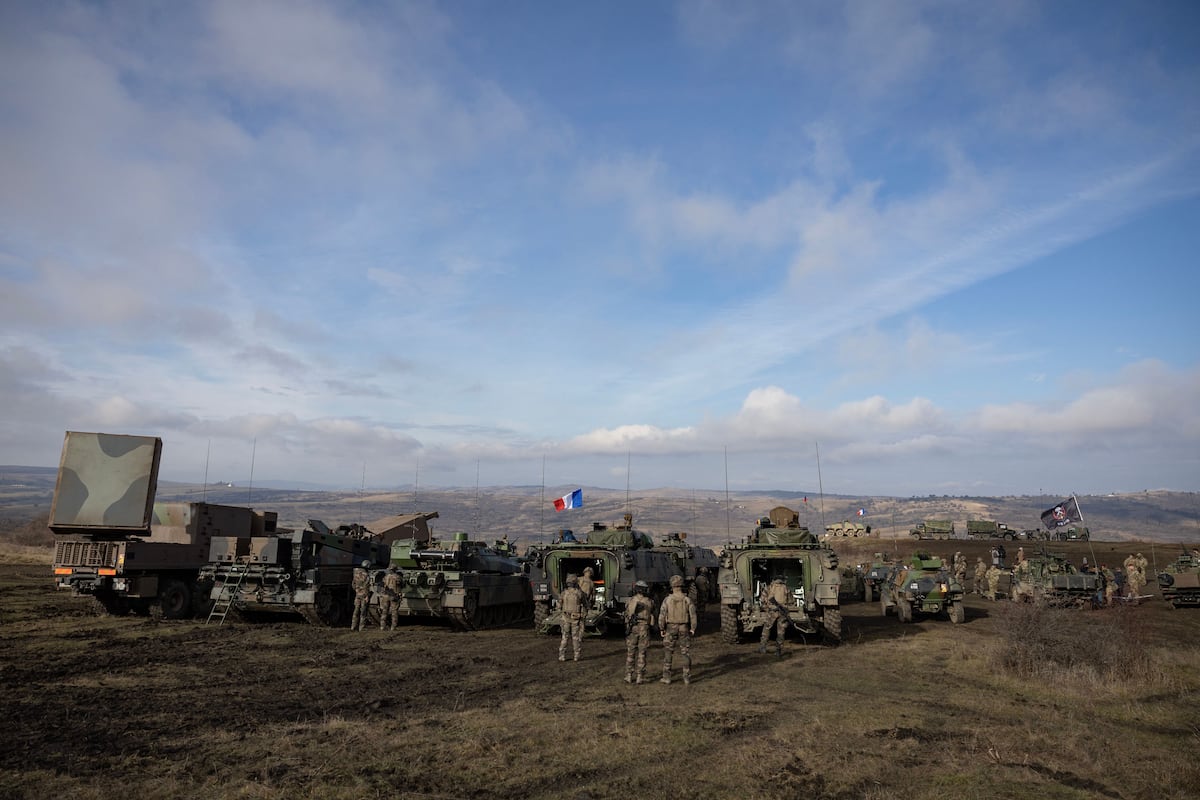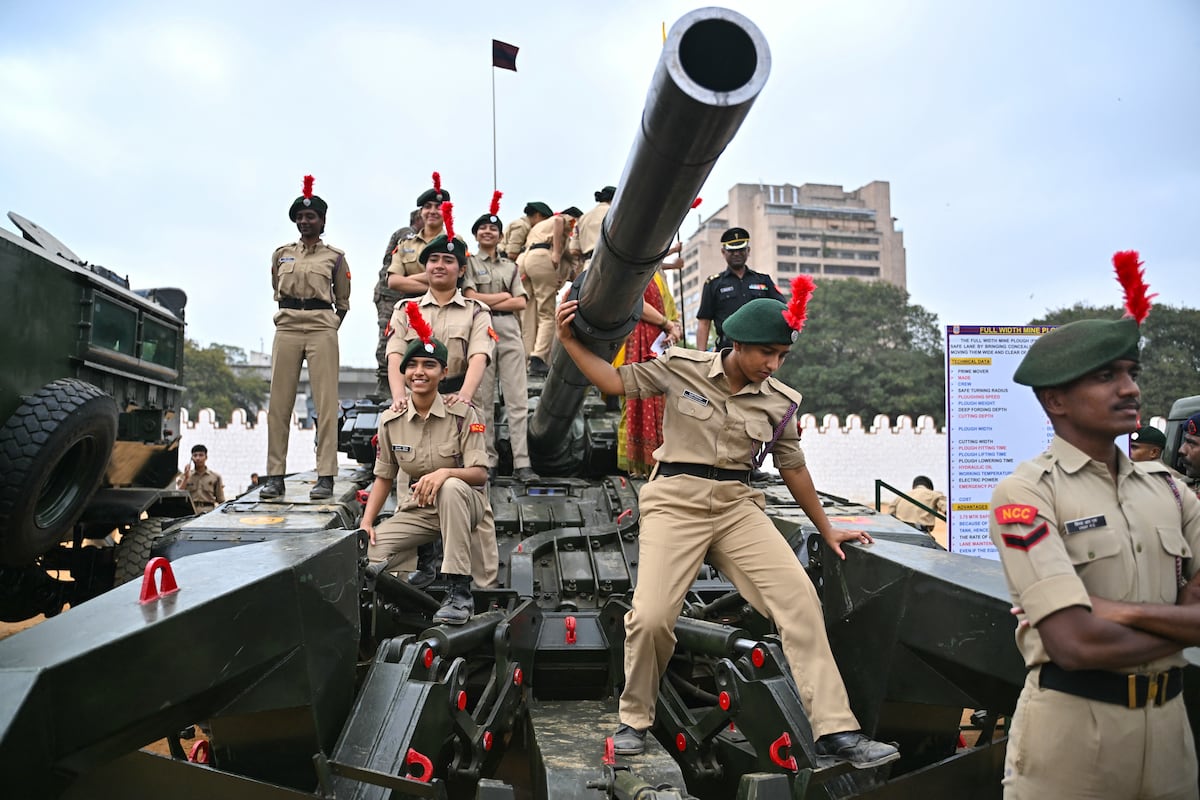MILAN — A senior military official of the European Union has urged the bloc to refine its mutual-defense clause and start considering the division of labor in the event of a conflict.
Austrian army Gen. Robert Brieger, chairman of the European Union Military Committee, made the recommendation at the European Defense Agency’s (EDA) annual conference in Brussels on Jan 22.
Speaking about the need to operationalize Article 42.7 of the Treaty of the European Union, the bloc’s collective-defense stipulation, he argued that there is “a necessity to clarify it; otherwise, it is nice to have, but we do not have the relevant tools to implement it.”
The language in question solely posits that if a member state is attacked, others have an obligation to assist it by all the means in their power.
Brieger asked what the EU’s specific tasks would be in a European context if a war broke out.
“What could the bloc do in the case of collective defense? Could it be in charge of defending critical infrastructure or cyber-resilience? Could it be responsible for enhancement of military mobility requirements?” he said.
Over the last year, military experts have pondered what the future of Europe would look like with a potentially scaled-back U.S. involvement across the continent and in NATO, and who may be able to fill the void.
Some officials have floated the idea that the United Kingdom could position itself closer to the bloc, including on a military level.
EU chief diplomat Kaja Kallas echoed that sentiment in her opening speech at the EDA conference, in which she said the bloc should explore new security agreements with post-Brexit Britain.
A recent study carried out by the Policy Institute at King’s College London found that a majority of Brits believe the country should prioritize Europe as an ally over America if needed, a reversal of public opinion from 60 years ago.
Sven Biscop, a professor at Ghent University, cautioned that there are limits to how much London can do after leaving the EU. “We should not get overly excited as Brexit cannot be undone anytime soon,” he said.
Elisabeth Gosselin-Malo is a Europe correspondent for Defense News. She covers a wide range of topics related to military procurement and international security, and specializes in reporting on the aviation sector. She is based in Milan, Italy.
Read the full article here








Leave a Reply